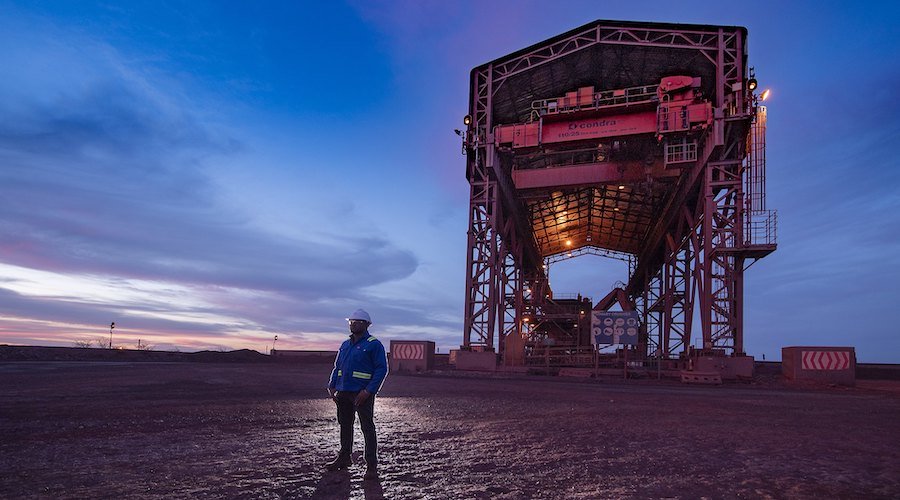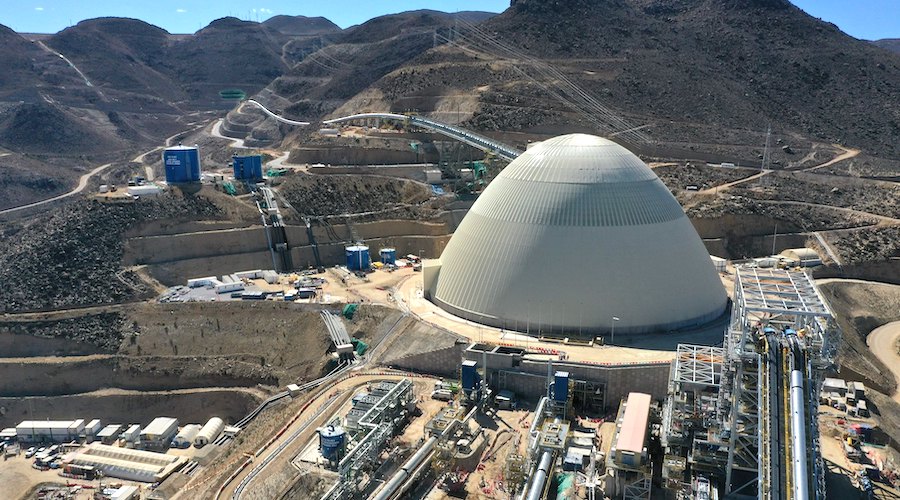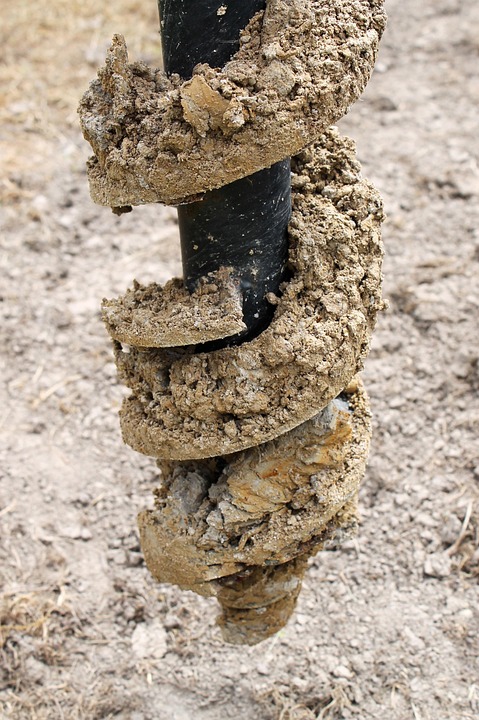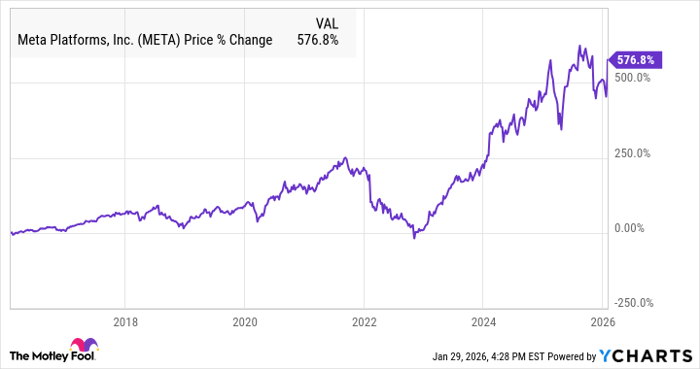An electrified world has become increasingly dependent on battery metals, particularly on copper, and BHP is, not surprisingly, eager to secure a leading position in the market. A tie-up would give the mining giant about 10% of the global copper production.
It would also boost its presence in the world’s top copper producing countries Chile and Peru, as with the acquisition of Anglo American, BHP would gain access to three of the world’s largest copper mines — Collahuasi (with ownership of 44%), Los Bronces (50.1%), El Soldado (50.1%) and Quellaveco (60%). This would improve the company’s exposure to copper by about 40%.
BHP’s proposal is valued at £25.08 per Anglo share, a 14% premium to the target company’s closing price on Wednesday. According to analysts, the offer is not as sweet as it seems and they believe Anglo American is well-positioned to push for a better deal.
Given its conglomerate nature, finding a knockout price isn’t a simple task.
“Anglo American is an established conglomerate with a complex structure, featuring numerous partial ownership stakes and various defensive mechanisms, most of which are concentrated in its South African assets,” Jefferies’ Christopher LaFemina wrote in a note to clients.
The expert believes that “a price of at least £28 per share would be necessary for serious discussions to take place, and a takeout price of well above £30 per share would be the outcome if other bidders were to get involved”.
“If we include our estimate of synergies on an after-tax present value basis, we estimate Anglo fair value to be 2824p per share, which equates to a $42.6 billion equity value. That is 28% above the most recent Anglo share price, and we believe it is a reasonable starting point.”
Anglo American has been a takeover target in recent years after output fell and costs mounted.
“It became a potential target for BHP as Anglo continued to post a weak top-line, even as its total debt kept increasing since 2021 as a result of the poor performance of platinum group metals (PGMs) and diamonds due to price fluctuations, geopolitical and economic situations, and other operational constraints,” Sathiya Narayanan Jalapathy, Business Fundamentals Analyst at GlobalData, wrote in an emailed statement.
“Amidst this, the company has reported a growth of 31.5% in copper sales from $5,599 million in 2022 to $7,360 million in 2023 (…) Operationally, the combined entity could have a top line of over $84 billion, EBITDA of over $34 billion, and a workforce of close to 100,000, reinforcing its position as one the largest global players in the mining sector,” he noted.

Berenberg analyst Richard Hatch is not convinced that Anglo presents significant turnaround opportunities.
“BHP is potentially buying a group of assets that need some care and attention,” Hatch wrote, referring to Anglo’s operations in South Africa. “This, in our view, offers limited upside at this point with current valuation multiples that would also imply a slightly dilutive deal for BHP.”
“BHP is likely drawn by the company’s low valuation (stock down 12% over the LTM), with the company going through a multi-year operational restructuring,” Fitch Group said. “From a strategic standpoint, bigger is always better in the metals and mining sector.”
“Highly opportunistic“
Earlier on Thursday one of Anglo’s 20 largest shareholders, Legal & General Investment Management, said BHP’s approach was “highly opportunistic” and “unattractive”.
“As with many other UK-listed companies, we believe the valuation of Anglo American to be depressed and regard the proposed exchange ratio as an unattractive proposition for long-term investors,” Nick Stansbury, head of climate solutions at Legal & General Investment Management (LGIM), said in an emailed statement.
“The industry is extremely concentrated today, and further consolidating it will not contribute to accelerating investment in the way we believe is needed,” Stansbury said.
Anglo American did not respond to a request for comments but in a statement it said it was reviewing the proposal, which would require it to separate its majority holdings of Anglo American Platinum (JSE: AMS) and Kumba Iron Ore (JSE: KIO) beforehand.
Top miners are all about copper these days. BHP itself bought copper producer OZ Minerals last year for about $6.4 billion. Rio Tinto (NYSE: RIO; LSE: RIO; ASX: RIO), the world’s second largest miner, has been investing in copper mines in Utah and Arizona.
Deal under the microscope
BMO Capital analyst Alexander Pearce highlighted that the deal to combine both miners would be subject to significant anti-trust/competition scrutiny, particularly when it comes to the copper assets.
The Anglo-owned Quellaveco and BHP-owned Antamina mines are key to Peru’s economy. If the merger is successful, both operations would be under the same ownership, raising questions of a potential market concentration issue or even a major political concern.
The deal could face government and local opposition due to the scale and influence of the combined company. Depending on the nature of the perceived problem, the antitrust solution may involve selectively selling off parts of the business that are deemed non-essential, in order to address concentration issues, while preserving the core copper assets that both companies view as strategically important.
This is in South America. The issues the merged company could face in South Africa are equally or more difficult. The nation’s minerals resources minister is not a big fan of BHP and has already voiced his opposition to BHP’s bid for Anglo.

Gwede Mantashe told the Financial Times that he was not in favour of BHP’s bid given the country’s previous “not positive” experience with the company. He was referencing to the 2001 merger between BHP and Billiton that created the world’s largest mining company.
While he clarified this was his personal opinion and not the government official position on the matter, Mantashe said that BHP Billiton “never did much for South Africa” and led to “capital leaving the country.”
BHP in 2015 created and spinned off South32 (ASX, LON, JSE:S32), a company that inherited the South African assets and operations.Through this demerger, BHP effectively reduce its exposure to the country in a move interpreted as many as BHP’s attempt to limit its involvement in the country.
Anglo American, in contrast, embodies the mining tradition of South Africa. Being born in the country in 1917, it holds the fourth-largest position in the FTSE/JSE Africa All Share Index, accounting for 4.3% of the index.
Anglo has controlling interests in two other mining companies listed on the South African stock exchange — Anglo American Platinum Ltd., also known as Amplats, and Kumba Iron Ore.
The company also owns another South African emblematic company: Diamond giant De Beers, which Anglo acquired more than a decade ago.











